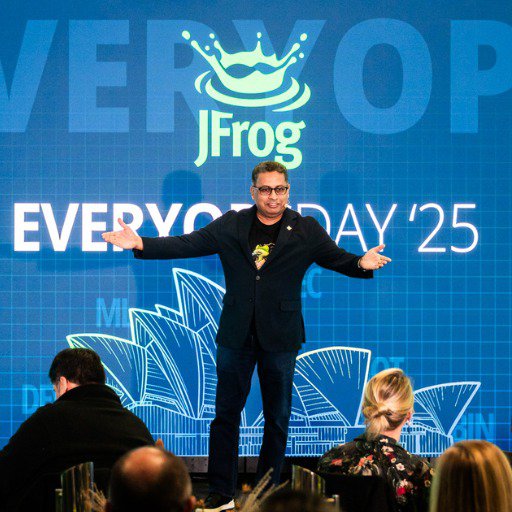I recently attended the AWS Summit at the International Convention Centre, Sydney which brings together experts, customers, and thought-leaders from various industries to explore new technologies and its impact on security and resilience. I was fortunate enough to sit down with some of the key Amazonians in attendence to find out what critical discussions were happening at the Summit.
I had the pleasure of talking with Min Livanidis, Head of Public Policy, as well as Phil Rodrigues, Global Head of Customer Security Outcomes from AWS.
One of the key discussions at the summit revolved around the benefits of AI in enhancing frontline SOC analysts’ capabilities, sifting through alerts, reducing noise, and performing tasks with remarkable speed and accuracy. Livanidis, relayed the significance of safe and responsible AI. She elaborated on AWS’s commitment to integrating these principles into their technologies, offering tools to assist customers in developing safe and responsible machine learning practices and what this actually means.
Moreover, the conversation delved into the crucial dimension of bias in AI. Livanidis outlined the relevance of existing anti-discrimination laws in guiding an understanding of this nuanced area that is under represented in most discussions of AI. This in turn led to a broader exploration of AWS’s considerations in the realm of responsible AI, spanning areas such as bias & accountability, transparency, security, as well as the privacy challenges that AI brings to the fore.
Further, the discussion extended to the security implications of AI policy, including the government’s ethical AI roadmap, recognising AI as a “force multiplier” in the context of security. With Phil Rodrigues, Global Head of Customer Security Outcomes at AWS Global Services, the conversation highlighted the impact of AWS’s security capabilities.
Livanidis commented,
“We have laws already in place that are directly relevant to this. And this is a fundamental part of the AI conversation and something that we speak to. AI does not operate in a regulatory vacuum. All laws that are already out there, anti-discrimination laws are a really great example.”
Rodrigues discussed AWS’s role in meeting Australian Federal Government’s requirements for critical infrastructure. This included the hosting certification framework and the IRAP assessor program. Notably, AWS has been instrumental in providing clear mapping of security guidance against the government’s rigorous standards. The AWS Executive discussed the intertwined responsibilities of AWS and its customers in meeting security requirements, coupled with the shared endeavour to build resiliency in the cloud to adhere to regulatory standards.
“AWS in this case, has responsibility for a lot of the security in the ecosystem, the physical security of the data centres, the personnel security of our database database administrators, the security of the hypervisor, and the other technology services we offer.” added Mr Rodrigues.
Both AWS employees spoke about the innovations showcased at the Summit, encompassing advancements in cloud and application security, startup activities, smart city models, and sustainability initiatives.
You can review the AWS Summit Sydney On-demand.









